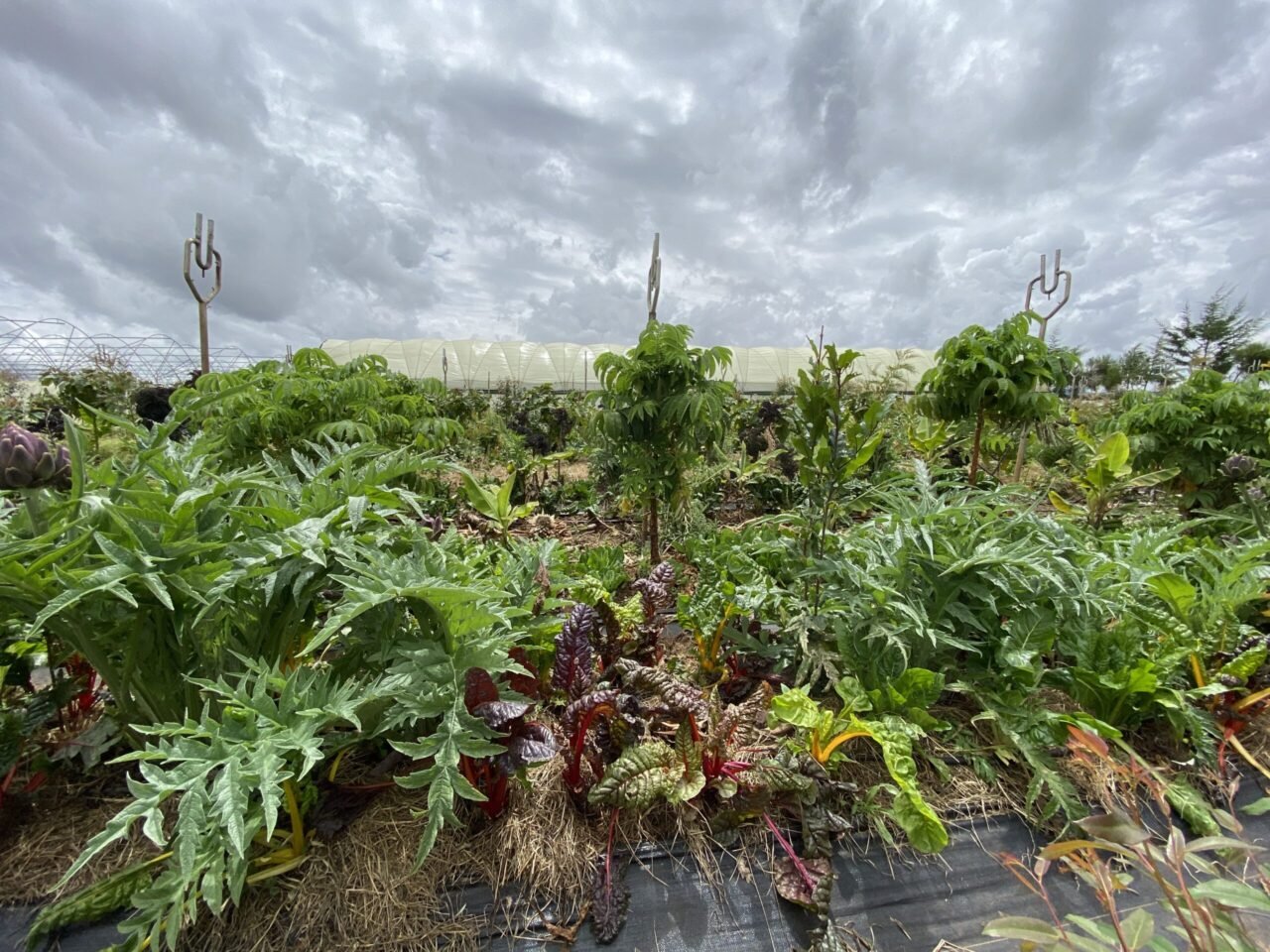Agroecological farming to boost smallholder food production
Climate risks pose serious threats to Kenya’s sustainable development goals. According to estimates from the US Agency for International Development (USAid), by 2030, climate variability and extremes will lead to annual losses in the agricultural sector equivalent to 2.6 per cent of the GDP.
However, a recent study by the UN Food and Agriculture Organisation (FAO), Biovision Foundation and the Research Institute of Organic Agriculture (FiBL) shows a strong positive link between the application of agroecological principles and climate resilience in Kenya.
The study titled, “The Potential of Agroecology to Build Climate-Resilient Livelihoods and Food Systems”, assesses scientific evidence from the field on how agroecology builds up climate resilience for smallholders.
The scientists believe that small-scale farmers can safeguard themselves from erratic weather by using agroecological principles – a diversified farming system that aims at longer-term sustainability of the natural ecosystem and social livelihoods besides the production of safe and sufficient food.
Increased soil health, (bio-) diversity in farming as well as the creation and sharing of local, peer-generated knowledge have proven to be powerful effects of agroecology.
Mr William Odhiambo, 60, a farmer in Busia County, who grows maize and indigenous vegetables, says that due to the rising cost of farm inputs, agroecology provides options that use locally available inputs such as animal manure.
Positive signs from the field
A comparison at various sites showed that in seven out of 13 resilience indicators by the FAO SHARP Tool, agroecology-based systems performed significantly better.
The agroecology group scores better in the averages of environmental aspects, and economic components and significantly better in agronomic practices.
Agroecological farmers also commonly use land management practices such as agroforestry, crop rotation and manure/composting to increase the temporal and spatial heterogeneity.
“The crop yield has increased and land productivity improved, because of embracing environmentally friendly methods,” says Mr Odhiambo, who has practised this system for five years.
A community-based approach, Sustainable Land Water Management (SLM), reforestation as well as diversification (such as beekeeping), can help increase the communities’ resilience to face climate change related short-term impacts.
Political support to up-scale agroecology
Through the implementation of its five-year development plan, the government aims to reduce the number of food-insecure Kenyans by 50 per cent. It also aims at a 27 per cent reduction in malnutrition among children under the age of five.
However, this requires little political backing for it to take off.
The study reveals several insights on the policy potential of agroecology in Kenya and describes existing opportunities and challenges to institutionalising . There is, for example, no specific national policy on agroecology. Another factor limiting the scaling up of agroecological approaches is low awareness about their resilience potential.
“Having agroecology embedded in existing agricultural, food, environmental and climate change policies is important so that when implementation and budgetary allocations are made, it can also be part of it,” says Ms Mary Nyasimi, the executive director of the Nairobi-based, Inclusive Climate Change Adaptation for a Sustainable Africa, and a co-author of the report.
Climate change is becoming a critical concern in Kenya, as it hampers development, especially in the agricultural sector. Societal awareness of the impacts of climate change are growing and there is an increasing potential for systemic alternatives to conventional agriculture.
“Kenya needs strong consumer movements to advocate for agroecological farming practices,” researcher Nyasimi says.
Consumers, she adds, should have a say in determining the type of food that is grown and how.
Biovision Foundation CEO Frank Eyhorn says: “Decision makers must reset the course towards agroecology and agrobiodiversity-based approaches to deal with climate change and provide farmers with a decent economic and social livelihood.”
There is, however, hope for this through devolution as county governments develop policies based on their circumstances. Kiambu is the first among the 47 counties to develop a policy on agroecology.
At the national level, an Intersectoral Forum on Agroecology and Agrobiodiversity (ISFAA) was established recently.



